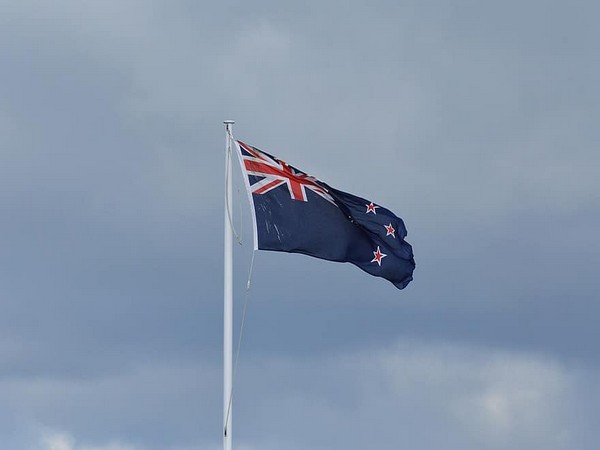Wellington [New Zealand], November 19: A nine-day march by Maori and their supporters across New Zealand has culminated in Wellington at a rally with thousands readying to protest against a bill that opponents say seek to dilute the rights of the Maori.
"Today is a show of kotahitanga, solidarity and being one as a people and uphold our rights as Indigineous Maori," said Tukukino Royal, ahead of joining the march in Wellington to parliament grounds. "This is generational," said Royal.
The protest is planned to last most of the day with thousands gathering early in a central city park with flags, music played creating an almost festival atmosphere.
Some people were dressed in traditional attire with feathered headgear and cloaks and carried traditional Maori weapons, while others wore t-shirts emblazoned with Toitu te Tiriti (honour the treaty).
Police are estimating more than 15,000 people are marching to parliament with 2,000 already at the parliamentary grounds.
The march, or hikoi, began last week in the country's far north.
Thousands have attended rallies in towns and cities as marchers travelled south both on foot and in cars to Wellington in protest against the Treaty Principles Bill that is currently before parliament.
The bill reinterprets the clauses in the 184-year-old Treaty of Waitangi.
First signed in 1840 between the British Crown and more than 500 indigenous Maori chiefs, it lays down how the two parties agreed to govern.
The interpretation of clauses in the document still guides legislation and policy today.
Rulings by the courts and a separate Maori tribunal have progressively expanded Maori rights and privileges over the decades.
However, the ACT New Zealand party argues this has discriminated against non-indigenous citizens.
The party, which won 8.6% of the vote in last year's election, is a junior partner in the ruling centre-right coalition government. It unveiled the bill earlier this month to enshrine a narrower interpretation of the treaty.
A small number of politicians from the governing National Party will be available to meet with hikoi leaders, while the Prime Minister is still deciding how to engage, a spokesman for the government said.
While the bill lacks enough support to pass parliament, its introduction has sparked the protests in the country and in parliament by those who see in it a desire to reverse decades of policies designed to empower Maori.
Maori make up around 20% of the population of 5.3 million and are over-represented in many measures of social and financial disadvantage.
Abby Collier, 42, had travelled six hours from her home in Tairawhiti to participate in Tuesday's protest.
She said she was supporting the movement because she believed unity was important.
"We are coming from across the country and showing our babies we can have a positive impact through kindness," Collier said.
Source: Fijian Broadcasting Corporation

